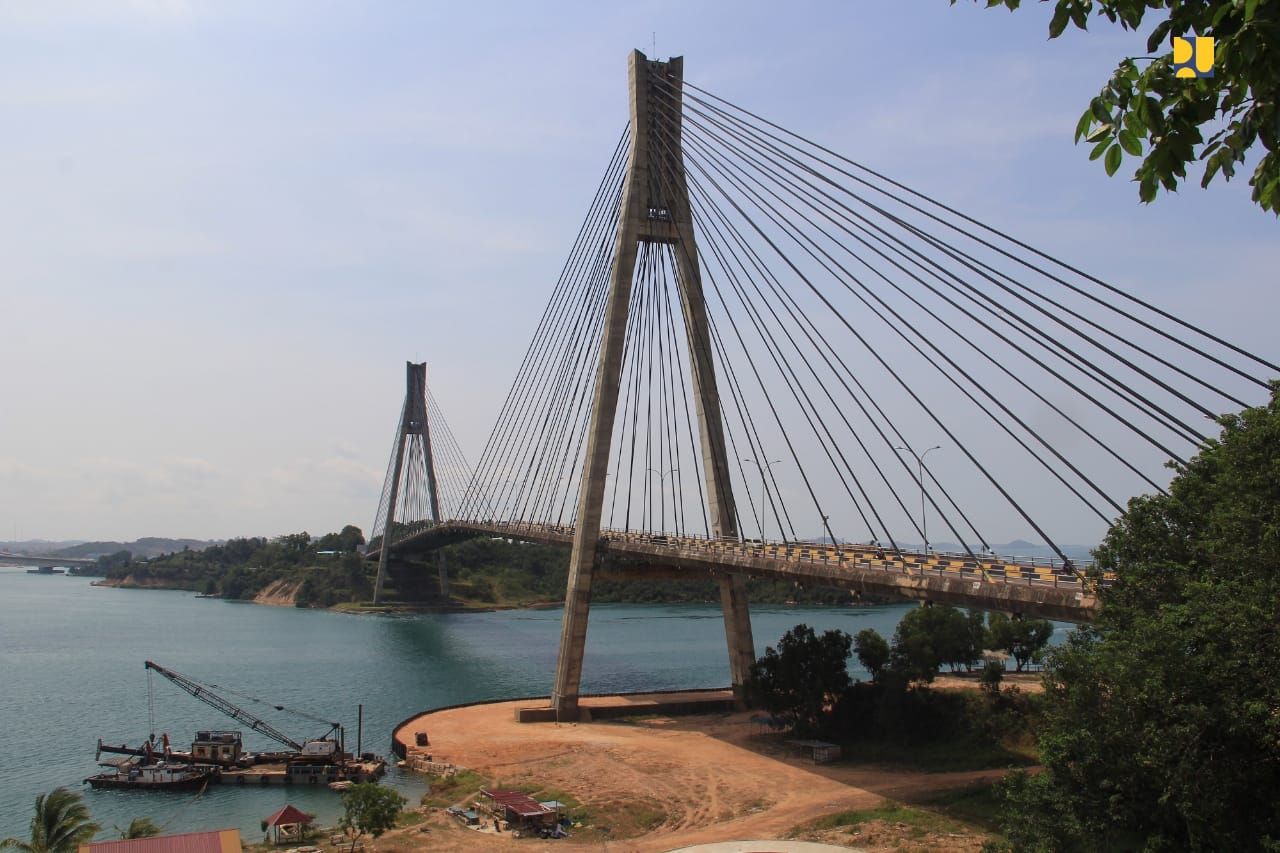Project Details
Socio-economic Baseline Survey for ESIA, LARAP and SEP Preparation for the Indonesia Batam-Bintan Bridge Project
The Government of Indonesia, through the Ministry of Public Works and Public Housing (PUPR), is preparing the Batam–Bintan Bridge Project—a landmark infrastructure initiative that will connect Batam Island to Bintan Island. The project scope includes the development of access roads and fixed bridges linking Batam Island, Tanjung Sauh Island, and Bintan Island, creating a continuous transport corridor across the three islands.
To support financing from the Asian Infrastructure Investment Bank (AIIB), the project requires compliance with AIIB’s Environmental and Social Policy (ESP) and Environmental and Social Standards (ESS). This involves preparing a set of environmental and social instruments, including an Environmental and Social Impact Assessment (ESIA), Land Acquisition and Resettlement Plan (LARP), Livelihood Restoration Plan (LRP), and Stakeholder Engagement Plan (SEP).
Our Role in the Project
Socio-Economic Baseline Survey
Collecting and analyzing socio-economic data to provide a comprehensive baseline for the ESIA.
Stakeholder Mapping & Engagement
Identifying key stakeholders and developing a Stakeholder Engagement Plan (SEP) to ensure inclusive and meaningful participation.
Consultation & Participation
Conducting consultations with stakeholders to gather feedback, address concerns, and integrate community perspectives into project planning.
Resettlement & Livelihood Restoration Planning
Preparing the Land Acquisition and Resettlement Plan (LARP) and Livelihood Restoration Plan (LRP), including an executive summary for transparency and compliance with AIIB standards.
Impact
Through these activities, the project ensures that the Batam–Bintan Bridge is developed in line with international safeguards, balancing technical progress with environmental and social responsibility. By prioritizing meaningful consultation, fair resettlement, and livelihood restoration, the initiative strengthens community trust and lays the foundation for sustainable and inclusive infrastructure development.

